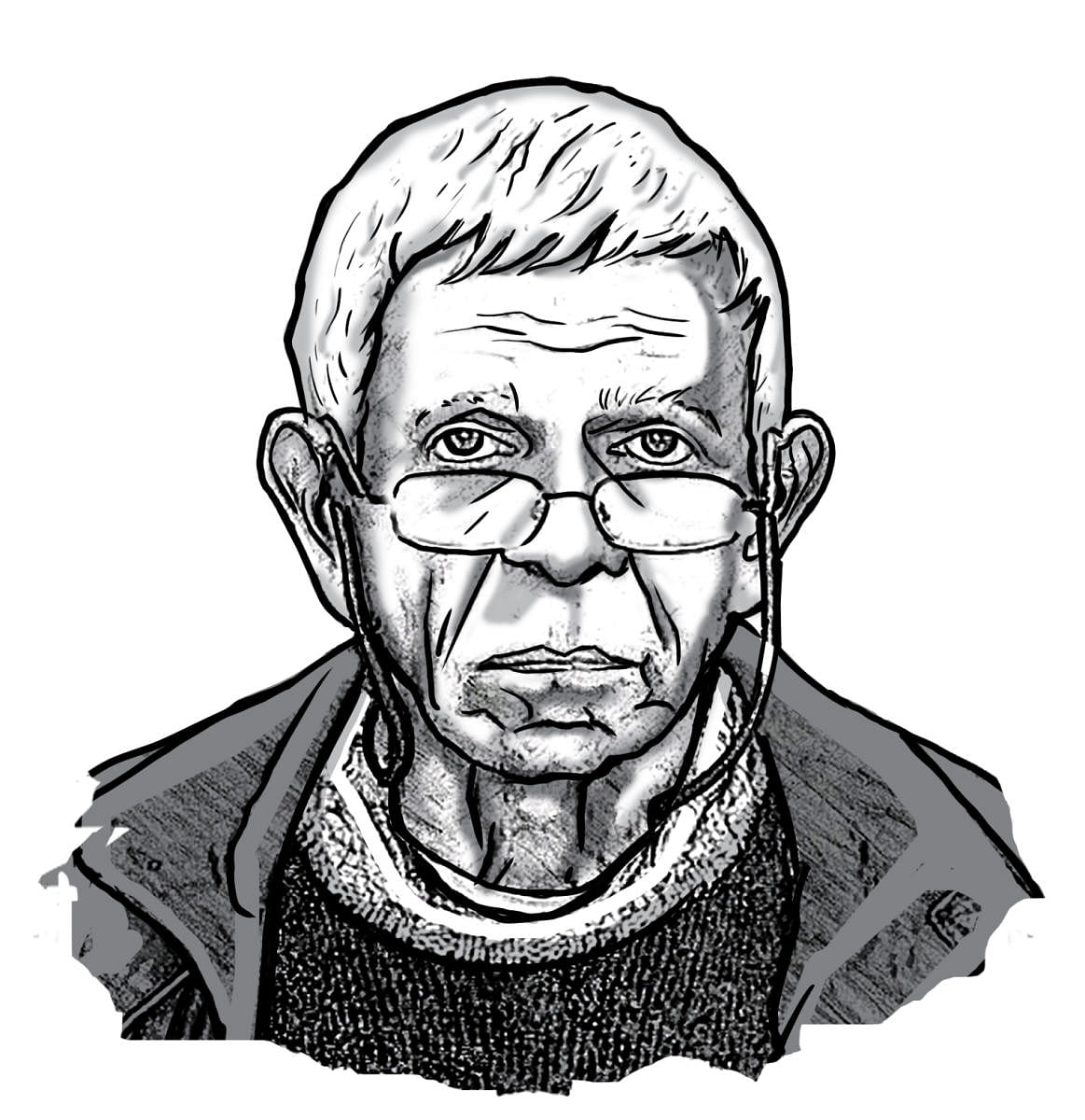
These days, if you wish to travel from anywhere to anywhere else, you will be surely asked to produce your ticket and your identification card as you go through the security checkpoint. The names on your ID and your ticket will be checked against each other as well as against a list of names in a computer database of one kind or another. Assuming you are not a criminal and you have a valid ticket and ID, you will be allowed to go past the security checkpoint only if there is an exact name match on all counts. If not, you are permanently stuck in anywhere land and going nowhere. Sounds Kafkaesque? Maybe.
Is it the computer’s fault? Not really. It could be you, your parents, your grandparents, the software programmer, the place where you were born, some random bureaucrat, your caste, your native language, etc. The list of potential suspects is too long to enumerate.
The computer is the hardest taskmaster that you will ever encounter in real life. It is highly sensitive, case-sensitive that is, and expects you to dot the Is and cross the Ts, not to mention all the other annoying characters such as apostrophes, quotation marks and numbers which keep showing up in unexpected places. Have some empathy for the computer – it is only following orders and has no imagination whatsoever.
I am sure you have filled out more than one online form -- to apply for a job, get a passport or book a train ticket, or buy something. Every online form asks you for your name in some rigid format – for example, given name (required), optional middle name or initial, and surname, also required. If you have been given only one name at birth, you are out of luck. You are going to stay unemployed, stay in one place, or make do without the stuff you wanted to order.
Name format restrictions have been designed to accommodate Western expectations, not non-Western ones. The peoples of Africa, South Asia and China have essentially been disenfranchised, once again. Colonisation works wonders, don’t you think?
If your parents gave you a very long name. e.g., ‘Suryanarayanamurthy’, or your travel destination has an unusual name such as ‘Llanfairpwllgwyngyllgogerychwyrndrobwyll-llantysiliogogogoch’ railway station in Wales in the UK, or ‘Puratchi Thalaivar Dr M G Ramachandran Central Railway Station’ in Chennai, chances are very good that whatever software you are dealing with places a restriction on the length of the name and disallows special characters such as hyphens and periods. Since different software have different size restrictions, you can be assured that your name on the government-issued ID will be different from the name on your train ticket or boarding pass. Sorry, you can’t get on the train or the plane.
As more and more text-to-speech (TTS), speech-to-text (STT) and speech-to-speech (STS) systems encroach upon our daily lives, things get even more interesting or complicated, depending on your point of view. Reading aloud to the visually handicapped is done through TTS software, TV captioning and dictation/medical transcription applications use STT software, and AI-based voice assistants such as Amazon’s Alexa belong in the STS domain.
Imagine you are interacting with Alexa and ask her just one question.
“Alexa, what is the name of that railway station in Wales, the one with a very long name?”
Alexa will most likely stumble, get angry and decide to file a lawsuit, charging you with sexual harassment. If she were really vengeful, she may decide to spill your secrets by sharing them on the web. Remember, she has been recording each and every one of your activities, including your private musings, ever since you brought her home. Your love for Alexa just went up in smoke – like all other infatuations in real life. The virtual world is no different.